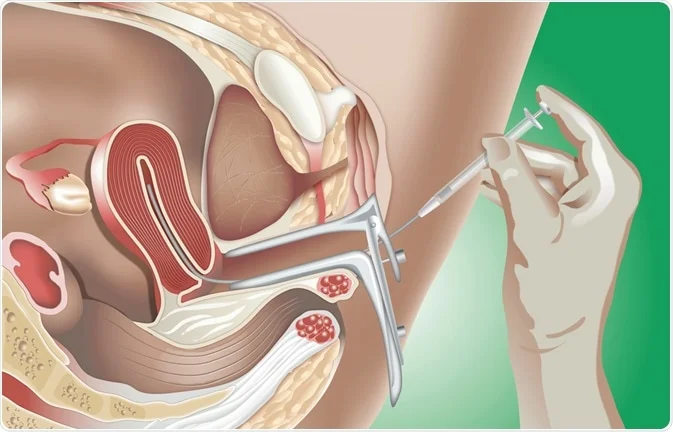If you’re gearing up for a marathon (shoutout to the London runners!), you might be curious about how running could influence fertility. Now is a perfect time to dive into this topic. Often, people discuss it in extremes—either as a hindrance to conception or as a healthy lifestyle that enhances reproductive health. The truth, as usual, lies somewhere in the middle. While physical activity is crucial for overall wellness, its effects on fertility can vary based on intensity, nutrition, and individual health involved in the journey to conceive. We’ve teamed up with Fertility Focus to provide a comprehensive guide to marathon training while trying to conceive, drawing on their expertise regarding sperm health.
The Connection Between Exercise and Fertility
Moderate exercise is known to boost fertility, helping to balance insulin levels, decrease inflammation, and maintain hormone levels—all vital for reproductive health. Running can enhance cardiovascular fitness and mental wellness, both key when you’re trying to conceive.
However, excessive high-intensity training can have negative consequences. Overdoing it, especially without proper nutrition, might disrupt sperm production, cause irregular cycles, or even lead to conditions like hypothalamic amenorrhea, where your menstrual cycle halts due to bodily stress. This is particularly common among those logging high mileage without sufficient calorie intake to match their energy output.
Chromosomal Integrity Matters
Exercise is a pivotal part of a healthy lifestyle, but its influence on fertility extends beyond hormones and ovulation—it also affects chromosomal integrity. Both egg and sperm quality can suffer from oxidative stress, which produces free radicals that can harm cells, including the DNA in eggs and sperm. These chromosomal defects are a significant cause of infertility, miscarriage, and genetic conditions like Down’s syndrome.
How Exercise Influences DNA Integrity
- Oxidative Stress and DNA Damage: Intense exercise, especially over prolonged periods or without adequate recovery, can elevate oxidative stress, leading to an imbalance between free radicals and antioxidants. This imbalance can injure the DNA in eggs and sperm, leading to chromosomal issues in eggs that result in poor quality or pregnancy complications.
- Hormonal Disruption and Egg Quality: Extreme exercise can throw hormone levels off-kilter, particularly estrogen and progesterone, which are essential for healthy egg cells. An imbalance in these hormones may hinder egg maturation, increasing the risk of chromosomal errors during cell division.
- The Benefits of Moderate Exercise: Regular, moderate physical activity can help stabilize hormone levels, reduce inflammation, and support proper egg maturation, all of which contribute to maintaining chromosomal integrity.
Nutrients That Promote Chromosomal Integrity
To counteract the potential adverse effects of oxidative stress and bolster egg health, it’s crucial to provide your body with the nutrients it needs for healthy cells and chromosomes. This is where our supplements come into play, specifically formulated to target oxidative stress and support mitochondrial function.
- CoQ10: This powerful antioxidant is vital for mitochondrial function, which is key for energy production in cells, including eggs. CoQ10 reduces oxidative damage, protecting the DNA in eggs and improving their quality. Since egg quality tends to decline with age—especially concerning mitochondrial function—CoQ10 supplementation is essential for maintaining chromosomal integrity, particularly for those trying to conceive later in life.
- Optimized Antioxidant Blend: Our specially formulated antioxidant blend combines various vitamins and minerals that work together to mitigate oxidative stress. Key antioxidants like Vitamin E, Vitamin C, and Zinc neutralize free radicals and shield cells from damage. This support is crucial for both egg and sperm quality, helping to ensure the integrity of genetic material and enhancing overall reproductive health.
- Methylfolate: Known for its role in supporting healthy fetal development, methylfolate also plays a part in maintaining chromosomal integrity.
For more information on the challenges of parenting, check out our post on toddler regression to better understand why kids sometimes take steps back in their development. Also, for couples on their fertility journey, you can explore the offerings at Make a Mom for artificial insemination kits, as they are a trusted resource in this field. If you’re considering other fertility options, the process of IVF can be found in this excellent resource that covers what to expect.
Summary
As marathon season kicks off, it’s essential to consider how your training might affect your fertility. While moderate exercise can enhance reproductive health, excessive training without proper nutrition could lead to complications. Focus on maintaining a balanced approach, ensuring you support your body with the right nutrients to promote chromosomal integrity and overall well-being.

